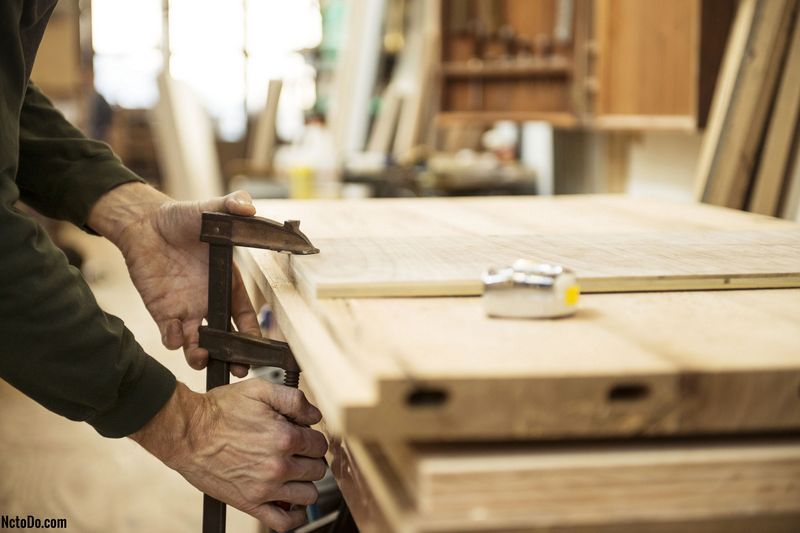Intermediate Carpentry
About Course
Language : Arabic - EnglishTraining days : from Saturday to Thursday
Course duration : 80 training hours
Location : Lootah Technical Center
Description
In this program, you will delve into the advanced techniques and methods of woodworking. We will start by reviewing the basic skills, and then move on to more advanced concepts, such as the engineering design of wooden pieces, intricate carving, and advanced assembly techniques. You will learn how to create complex furniture pieces and artistic wood carvings using sophisticated woodworking techniques.
What Will I Learn?
- Workshop Orientation: Understand the layout and tools of the carpentry workshop.
- Safety Protocols: Learn essential safety instructions, including appropriate clothing and equipment.
- Hand Tool Proficiency: Gain familiarity with hand tools and techniques for aging tools like hand saws and hand planes.
- Raw Materials Knowledge: Identify and differentiate between various raw materials used in carpentry.
- Electrical Tool Skills: Learn to use portable electrical tools effectively.
- Curvature and Assembly Techniques: Develop skills in creating curves and assembling shelving units.
- Product Manufacturing: Learn to manufacture products using manual and portable electrical tools.
- Fixed Machine Operation: Understand and safely operate fixed electrical machines.
- Machine Maintenance: Gain knowledge in maintaining fixed machines, including dismantling and installing blades.
- Specialization Selection: Choose a specialization within carpentry (e.g., furniture or architectural carpentry).
- Project Planning: Learn to draw special plans for projects like tables and doors.
- Material Quantity Calculation: Understand how to calculate the quantities of raw materials needed for a project.
- Finishing Techniques: Master final finishing processes, including sanding, smoothing, and preparing for painting.

